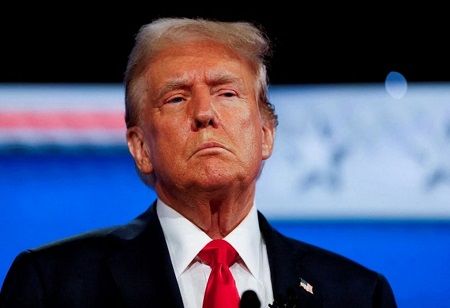India Pharma Outlook Team | Thursday, 10 July 2025

President Donald Trump on Tuesday announced a possible 200% tariff on imported pharmaceuticals. Speaking at a White House cabinet meeting, he said the goal is to push drug companies to make their medicines in the U.S. instead of overseas. “If they have to bring pharmaceuticals into the country, they’re going to be tariffed at a very, very high rate, like 200%,” Trump declared, adding that companies would get one to one-and-a-half years to shift production before the tariffs hit.
This news is causing ripples, especially in India, which supplies a huge chunk of America’s medicines—31% of U.S. pharmaceutical imports, worth over $30 billion in 2024-25, according to India’s Pharmaceutical Export Promotion Council. India’s generic drugs make up nearly 40% of U.S. prescriptions, so this tariff could hit hard. Big Indian companies like Aurobindo, Sun Pharma, and Lupin, which depend on the U.S. market, might face higher costs and supply chain headaches.
U.S. Commerce Secretary Howard Lutnick said a national security review of drug imports, started in April, will wrap up by the end of July, with tariff details to follow. This move fits Trump’s “America First” playbook, which already includes a new 50% tariff on copper imports and earlier taxes on steel and aluminum.
Critics are worried the tariffs could drive up drug prices and cause shortages in the U.S., especially for affordable generics made abroad. In India, the industry is nervous about losing ground in the U.S. market. Some experts think Indian firms might pivot to places like Europe or Southeast Asia to soften the blow. India is also in trade talks with the U.S., hoping to win exemptions or a slower rollout to ease the impact.
Also Read: Doctors Threaten Strike Over Maharashtra's Allopathy Order for Homeopaths
Trump’s bold trade policies are shaking things up globally, and Indian drugmakers are feeling the heat. While some pharmaceutical stocks in India are holding steady, investors are on edge, watching for what’s next.